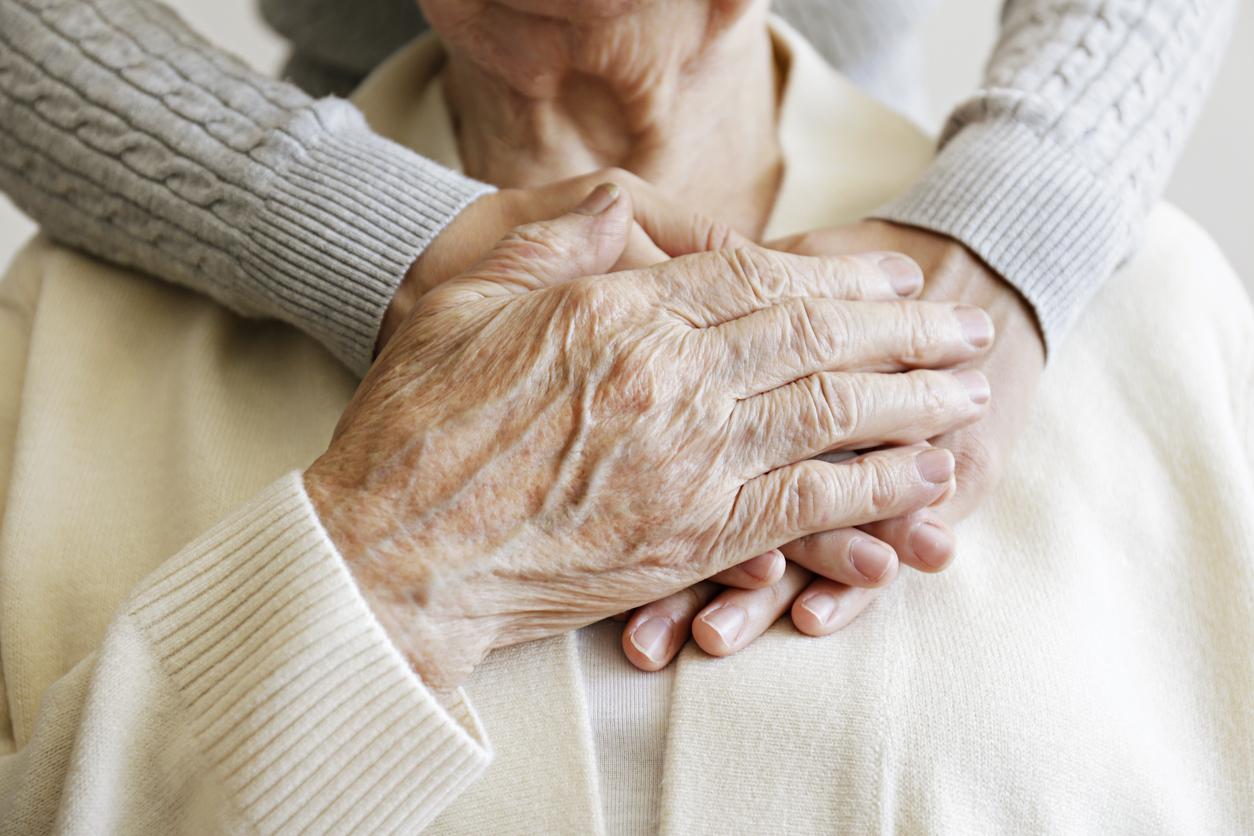In adults over 65, regularly consuming vegetables, whole grains and olive oil is associated with a lower risk of death from cardiovascular disease or cancer.

Excellent for the heart and cardiovascular health, for delaying brain aging or even maintaining the intestinal microbiota, the Mediterranean diet is not only beneficial for active adults.
According to a new study published in the journal BCM Medicine, this diet rich in vegetables, olive oil, whole grains and fermented dairy products such as yogurt, is also excellent for seniors. Its authors, researchers at the University of Barcelona (UB), demonstrate that people over 65 following a Mediterranean diet have dietary biomarkers associated with lower mortality.
A search for food biomarkers in plasma and urine
The researchers based their conclusions on the results of the InCHIANTI project, a study carried out in Tuscany (Italy) for twenty years with a total of 642 participants (56% women) aged over 65, which allowed researchers to obtain comprehensive data on dietary biomarkers.
“We are developing a dietary biomarker index based on the food groups that are part of the Mediterranean diet, and we are evaluating their association with mortality”summarizes Pr Cristina Andrés-Lacueva of the UB.
As part of the study, the researchers focused on baseline levels of certain dietary biomarkers: total polyphenols and metabolites of resveratrol (from grape consumption) present in blood plasma, as well as plasma carotenoids, selenium, vitamin B12, fatty acids and their proportion of monounsaturated and saturated fatty acids, present in urine. Using a predictive model, they assessed the associations between the Mediterranean Diet Index and the Meal Frequency Questionnaire (FFQ) and mortality.
A significant reduction in the risk of death from cardiovascular disease or cancer
During the twenty years of follow-up, 425 deaths were recorded (139 from cardiovascular diseases and 89 from cancer-related causes). Once the models were analyzed, the Mediterranean diet score using the biomarkers was inversely associated with all causes of death.
For the authors of the study, the results obtained underline that the use of food biomarkers not only makes it possible to improve the nutritional evaluation, but also to be the basis of a personalized food program for the elderly. They would therefore like these biomarkers to be used in follow-up evaluations to study the health benefits associated with the Mediterranean diet.
.

















